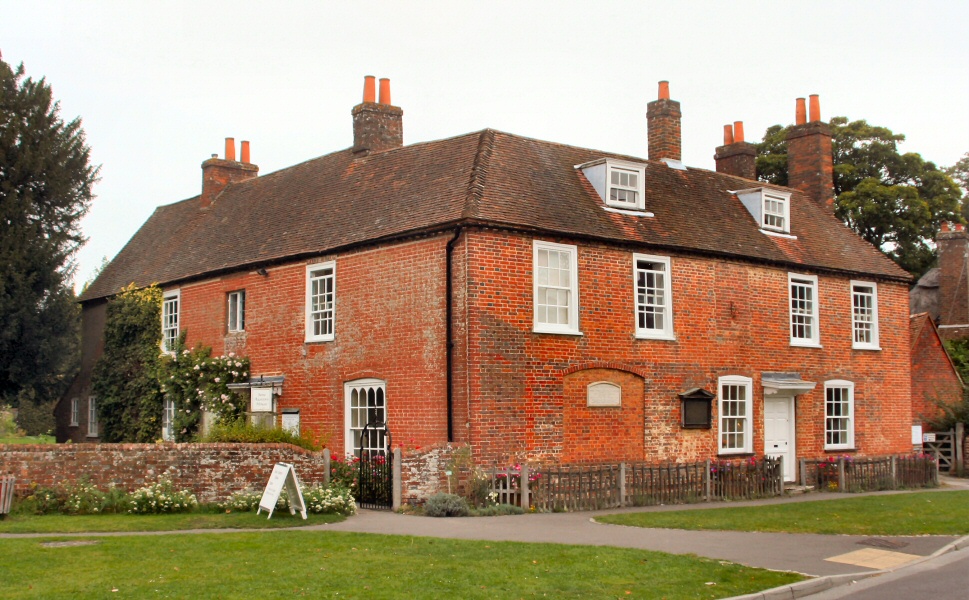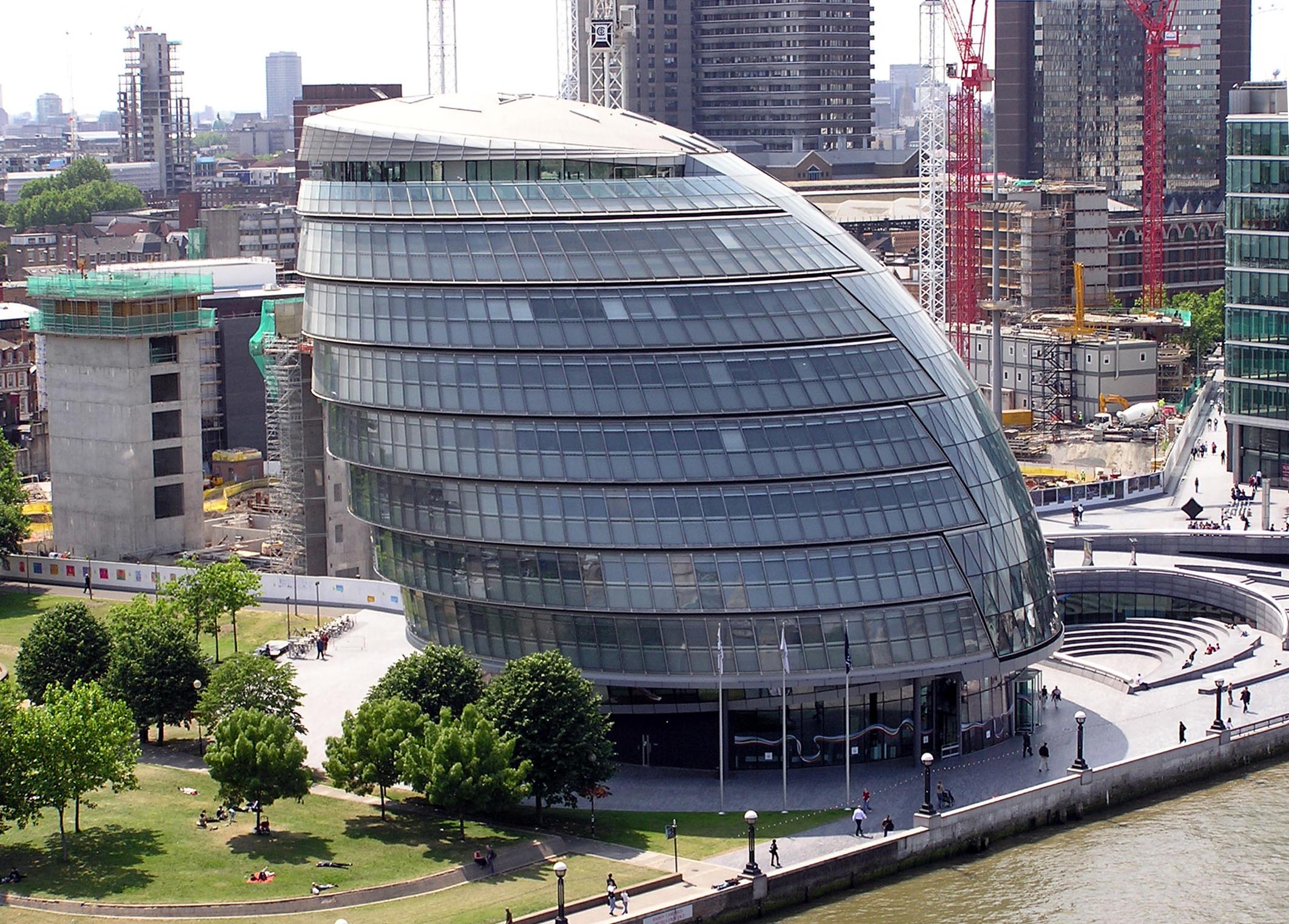For many of us working in local government we have been grappling with what feels like an intractable challenge – how to encourage more people to get involved in civic life. We are constantly told that there’s a crisis of indifference – that people mistrust politicians, don’t want to engage and feel unable to exert any influence over local decision-making.
But an article by Kevin Jeffreys of Plymouth University puts things into a historical perspective. In his essay – Two Cheers for Democracy – Prof Jeffreys argues that Britain’s political culture in the early twenty-first century, while anaemic and lacking in vigour and vitality, is much as has been since 1918.
The essay was written before the recent MPs expenses saga which has clearly damaged confidence further but it still makes interesting reading. Prof Jeffrey suggests that set against shifts in the context and manner of participation, much of Britain’s political culture has remained unchanged across the generations since 1918. The proportion of adults classified as ‘activists’ has stayed stubbornly low at no more than 10 per cent of the adult population since 1918 and all reliable indicators from the 1940s onwards, he argues, show that no more than 20% of the population has ever been ‘very interested’ in politics. At least twice this figure consistently say that they are ‘not very’ or ‘not at all’ interested.
Within the context of Local Area Agreements many councils and their partners are seeking to demonstrate shifts in people feeling they can influence local decision-making within a three year time frame. But if popular indifference is as persistent as Prof Jeffrey suggests then seeking significant changes within so short a space of time may be unrealistic.
Two questions flow from this, I think:
1) have we invented a rose-tinted view of the past in which people were much more active and forgotten that cynicism and concerns about probity are not new?
2) are we seeking to create a new civic culture when we talk about our aspirations for engagement which may not be authentic and rooted in our political culture?











